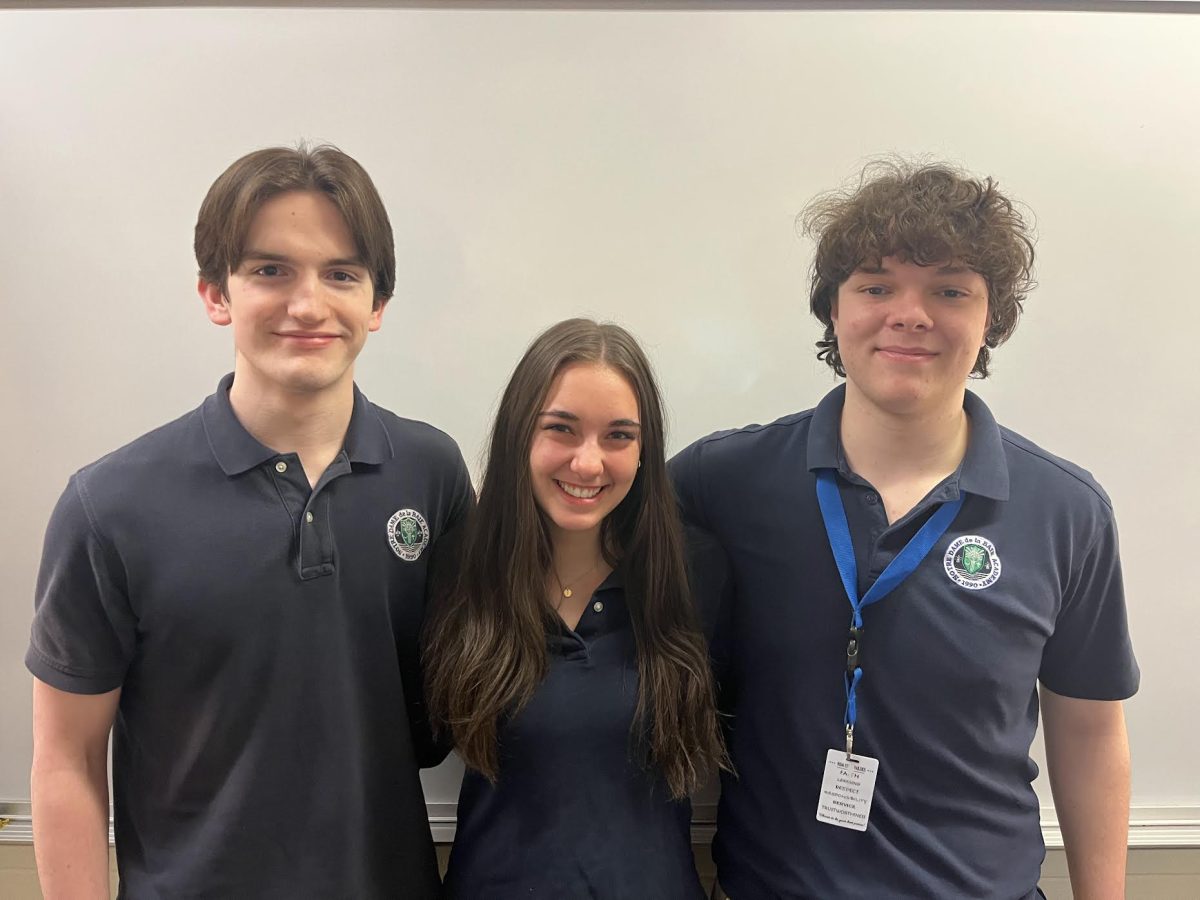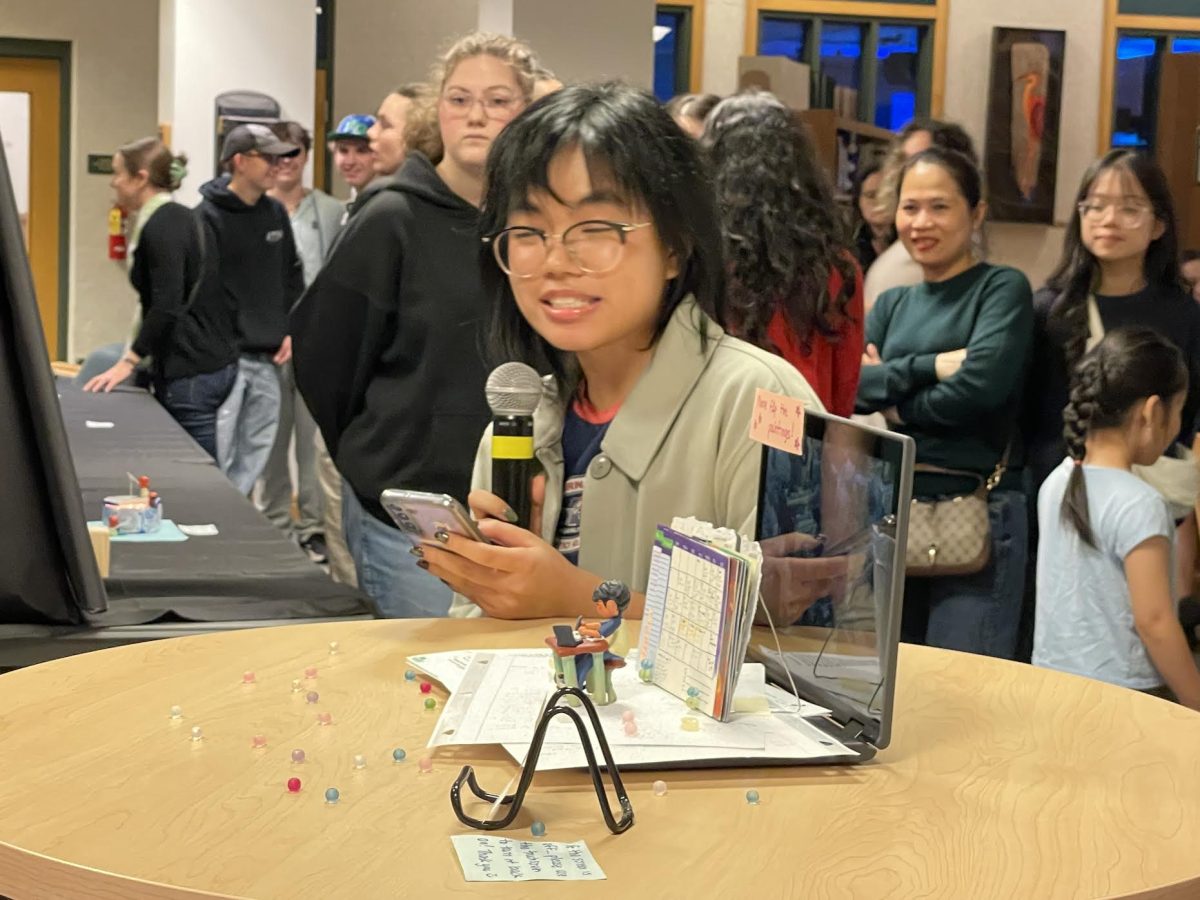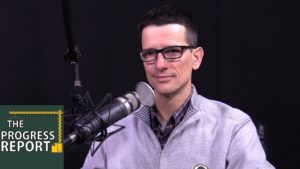Theology Teacher Jane Hall Warns About Ethics, Consequences of Gene-Editing
April 29, 2019
We live in a time of unbelievable boom in medicine. In the last couple decades, scientists from all around the world have spent a great amount of time working on discovering the most effective drugs.
Doctors and researchers have accomplished outstanding results, and many of them have received Nobel Prize awards.
In less than 100 years, several remarkable accomplishments were made. We should never forget names like Alexander Fleming, who discovered a medicine called penicillin in 1928. This first true antibiotic saved more than 200 million lives.
Frederick Banting was also very successful in his efforts, while working with dogs. He gets credit for inventing an insulin, which effectively lowers a blood glucose level.
Those scientists, along with many others, definitely influenced our daily lives in positive ways. They used their talents and knowledge to benefit others.
As mentioned earlier, the boom in medicine is happening pretty much everywhere in the world. Thus, this brings us to the main point. A term “good faith,” frequently used in contract law, is not always interpreted by scientists in the same manner, especially when it comes to ethics and moral principles.
In November of 2018, a scientist in China claims to have created the world’s first genetically edited babies. According to BBC, Professor He Jiankui says, “The twin girls, born a few weeks ago, had their DNA altered as embryos to prevent them from contracting HIV.”
Even though there is no independent confirmation, the proclamation sparked outrage from other scientists, especially from the Western hemisphere. They argued it is too unsafe to try, and some denounced the Chinese report as human experimentation.
NDA theology teacher Mrs. Jane Hall stressed the importance of this issue and added, “Human beings are unbelievably gifted. We have been granted with the ability to heal and to kill, to create and to destroy. Our human potential is vast, powerful, and unending. It is within this reality that we must be careful, aware, cautious and responsible.”
Mrs. Hall also put a lot of emphasis on legitimate consequences of our behavior. The effects of people’s decisions, especially in terms of baby gene-editing, will not only influence the world we live in today, but for many generations to come.
She also highly recommends all students read the Catechism of the Catholic Church, which describes the true meaning of human existence in detail as well as defines scientific and medical experiments on individual humans.
Mrs. Hall summarized her thoughts on gene-edited babies: “ It is vital that we set standards and boundaries. If we do not, unknown consequences may be too vast and too complicated to heal.”
































